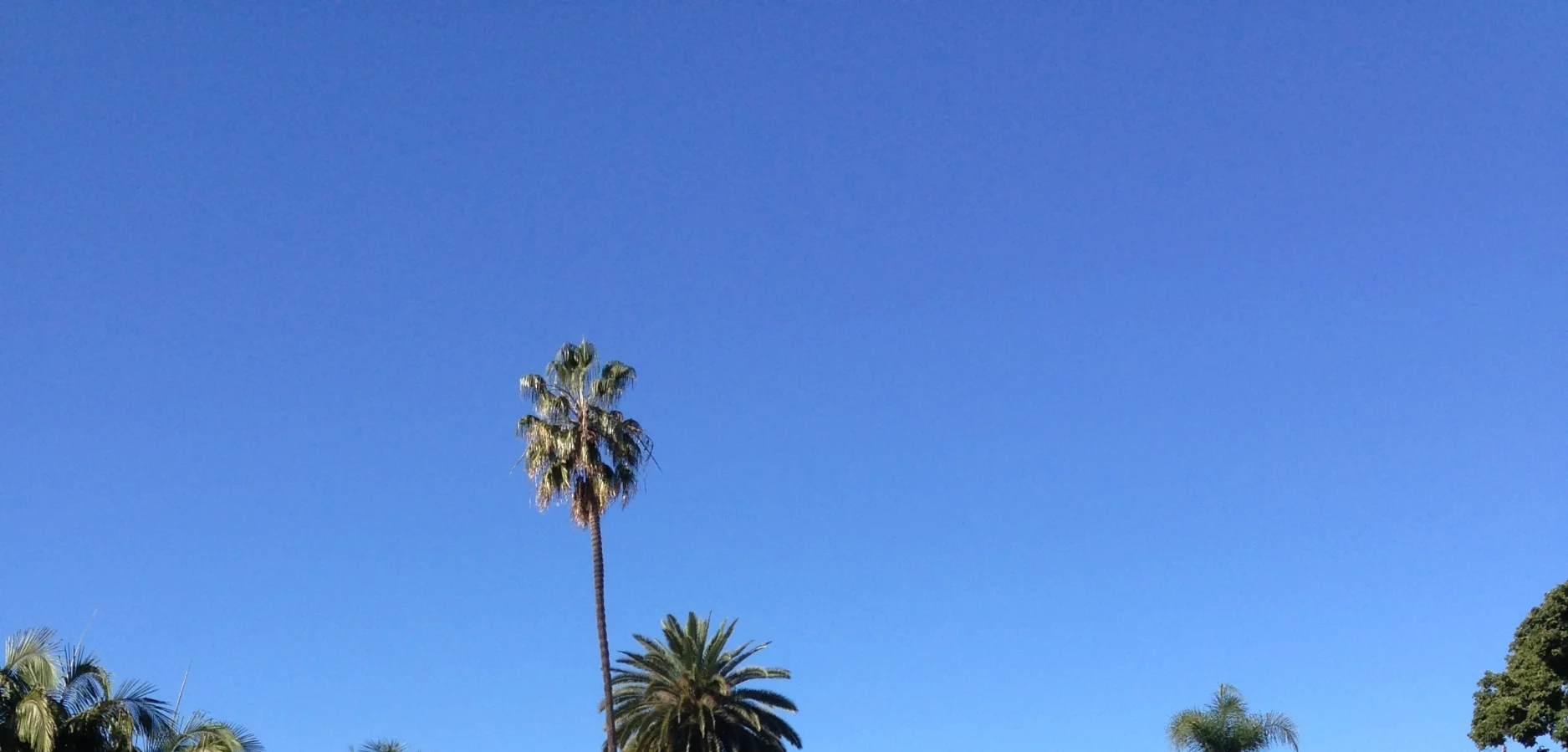In the wake of the Skittles dustup, what can a food brand do? I wanted to comment on Charlie's post, but I decided yesterday that I didn't have anything to add- Charlie said it right. I knew that I didn't really like the site, thought it was derivative of Modernista's home page...but what was Skittles supposed to do? What can the web do for food brands until mind control beams?
After seeing a Kashi ad on TV, enticing me to visit their web site and get a free frozen entree, I said, let's just see about this. Conclusion: Kashi did something very cool.
As background: I love Kashi. I didn't always. Kashi used to be these crazy rice puffs my friend Matt would eat, and I wasn't really up for that. After I started trying to eat better about 18 months ago, I discovered Kashi frozen entrees, and shortly thereafter the GoLean cereal. In my apartment right now I have Kashi GoLean cereal on the shelf and a Southwest Chicken frozen entree in the freezer. I am a loyal consumer. I tell people about Kashi products. A lot. The products work in my lifestyle: whole grains, protein, and trying to avoid artificial sugars. But not everyone is as vigilant as I am :)
Now, as a comparison, it might not be fair to suggest that Skittles can claim any kind of identification with me, because hey, when was the last time I bought candy? OK. However, what Kashi executes is something that is relevant, connects you to the core of the company, and gave me something in return. Here's the Black Bean Mango Frozen Entree.
See the additional contest on the right? You better believe I want a year's supply of Kashi food!
I decided to join their community, which actually has some very interesting things about reaching goals, whatever they might be, in wellness and mind/soul health, not just nutrition. How about: Challenge yourself to sanitize your sponges? I think this site does great things for the brand. Is it personable? You bet. Here's the Kashi Customer Relations staffer's profile:
If you're wondering what at thoughtful company Kashi is, check out their registration Captcha. I'm not opposed to ones like ReCaptcha, which I think works rather well, but this was fantastic, and so refreshing:
You could request a verification email instead, but why would you want to?
I willingly entered my home address three times on Kashi.com because I realized, if there is one food brand I wouldn't mind hearing from, it might be Kashi. The TV campaign Kashi is running, which offers a free frozen entree, and encouraging visitors to join a well thought-out community site is at least a viable alternative to creating a social media firestorm just so people will talk about Skittles. Instead, try Kashi.


 What are other firms doing? Try GE. General Electric's NBC Universal unveiled a sweeping campaign last night during the Sunday Night Football broadcast of the Eagles-Cowboys game aimed at "entertaining, informing and empowering Americans to lead greener lives." But was anyone watching?
What are other firms doing? Try GE. General Electric's NBC Universal unveiled a sweeping campaign last night during the Sunday Night Football broadcast of the Eagles-Cowboys game aimed at "entertaining, informing and empowering Americans to lead greener lives." But was anyone watching?